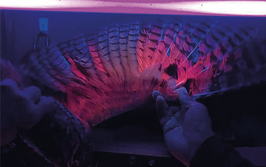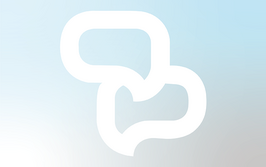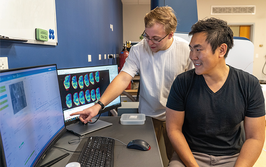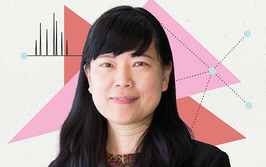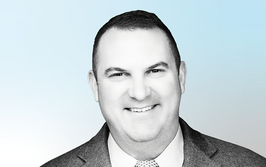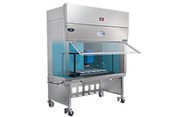The Mind Matters
Mental health struggles represent a second pandemic in the wake of COVID-19 – we must stay connected as best we can, and extend a hand to those who need it
Matt Hallam | | Opinion
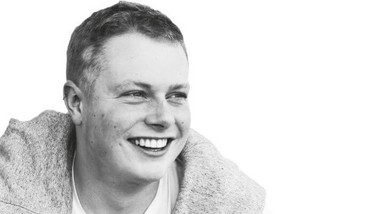
The coronavirus pandemic has repositioned health as public priority number one. Physical health, however, represents only one part of the whole. In this unprecedented age of social distancing, restricted movement, and economic uncertainty, we must also take care to protect our mental health.
I’ve faced my own struggles since the outbreak began, and I’d like to send a message of solidarity to those of you experiencing similar difficulties. Many of our usual coping mechanisms are closed to us now, and though we’re fortunate to have digital tools like Zoom and WhatsApp, they are no substitute for real-life conversation – or hugs. Entering lockdown, I had good intentions of keeping a diary to document this strange moment in history. Eleven entries later, I felt more like a disheveled Bridget Jones than Captain Scott or Marco Polo…
Luckily, there is evidence that the analytical community is adapting rather more ably; Chris Harrison details out-of-classroom teaching solutions in his own (much less questionable) diary in our cover feature, alongside which Rick Yost shares digital conference solutions to keep our minds connected, despite our physical separation.
As time passes, science advances in our favor – a fact that can help lift our spirits. We reported on MS-based breath tests for coronavirus detection at key transport loci in our April edition; in this issue, we explore a wider view of analytical science’s utility in ensuring optimal patient outcomes with Gareth McKeeman. As he says, “The next few years are likely to bring many challenges [...] and it has never been more important to work together to improve patient care.”
Scientists have a rich history of overcoming daunting challenges. In 1915, Peyton Rous and JR Turner developed techniques for preserving whole blood, which, two years later, would allow a humble icebox to act as the world’s first blood bank – saving soldiers who would have otherwise bled out on Belgium’s battlefields.
I’m confident that our community – and that of the wider sciences – will produce equally innovative solutions to COVID-19. After all, we are armed with more knowledge today than Rous and Turner could have ever dreamed of. In the meantime, we must try to remain positive – and be (especially) kind to one another.
Abandoning my ill-fated diary, I have found solace in returning to my hobby of drawing cartoons. My latest creation, Elvish Presley (Middle Earth’s premier Elvis impersonator), like many of us right now, is seeking fellowship (any and all ideas welcome: [email protected])!
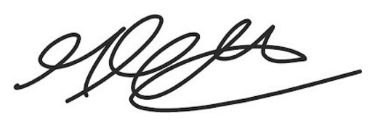
I've always wanted a job that fosters creativity - even when I worked on the assembly line in a fish factory. Outside work, I satisfy this need by writing questionable fiction. The venture into science writing was an unexpected departure from this fiction, but I'm truly grateful for the opportunity to combine my creative side with my scientific mind as Editor of The Analytical Scientist.
